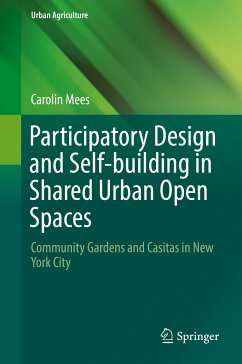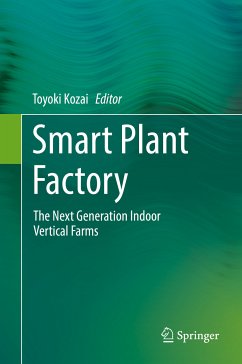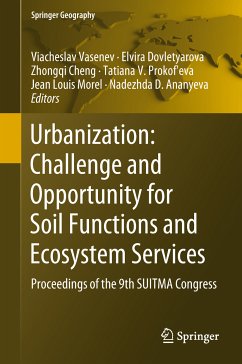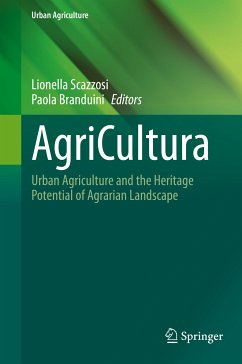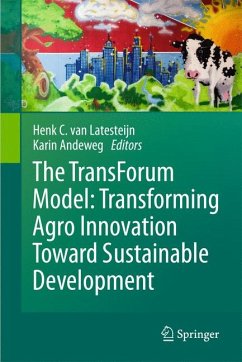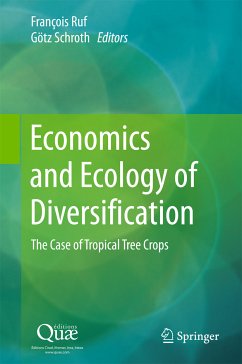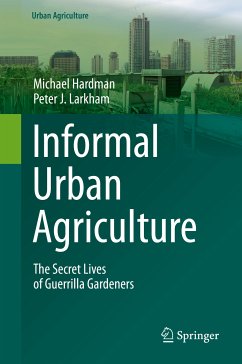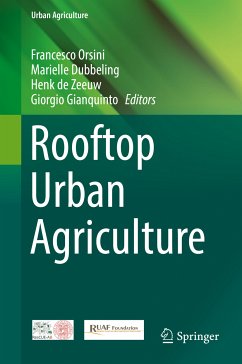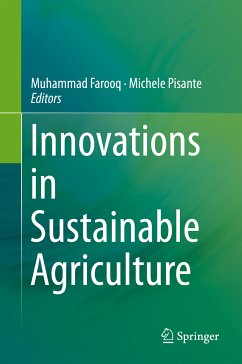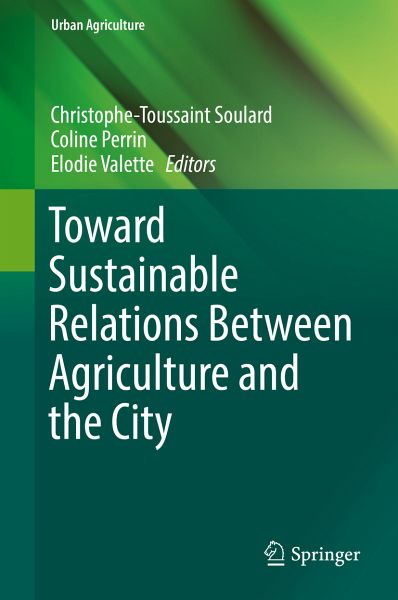
Toward Sustainable Relations Between Agriculture and the City (eBook, PDF)
Versandkostenfrei!
Sofort per Download lieferbar
88,95 €
inkl. MwSt.
Weitere Ausgaben:

PAYBACK Punkte
44 °P sammeln!
This book gives an overview of frameworks, methods, and case studies useful for the analysis of the relations between agriculture and the city, in Europe and the Mediterranean. Its originality lies in the analysis of urban food systems sustainability from an actors' perspective. All the chapters consider the key role of actors in the definition of innovations and pathways, which enhance sustainability, seen as an ongoing process. Part 1 presents systemic approaches of agricultural-urban interactions at the city-region scale in France, Egypt, Italy and Morocco. Part 2 deals with methods and too...
This book gives an overview of frameworks, methods, and case studies useful for the analysis of the relations between agriculture and the city, in Europe and the Mediterranean. Its originality lies in the analysis of urban food systems sustainability from an actors' perspective. All the chapters consider the key role of actors in the definition of innovations and pathways, which enhance sustainability, seen as an ongoing process. Part 1 presents systemic approaches of agricultural-urban interactions at the city-region scale in France, Egypt, Italy and Morocco. Part 2 deals with methods and tools for urban planning and local development, utilized to design and assess sustainable food systems. The Part 3 inventories the recent changes in urban agriculture and the new forms of governance which are emerging in European cities (Athens, Berlin, Lisbon, Montpellier, Paris and Zurich). These results are useful for students, academics and activists involved in local policies and projects.
Dieser Download kann aus rechtlichen Gründen nur mit Rechnungsadresse in A, B, BG, CY, CZ, D, DK, EW, E, FIN, F, GR, HR, H, IRL, I, LT, L, LR, M, NL, PL, P, R, S, SLO, SK ausgeliefert werden.



